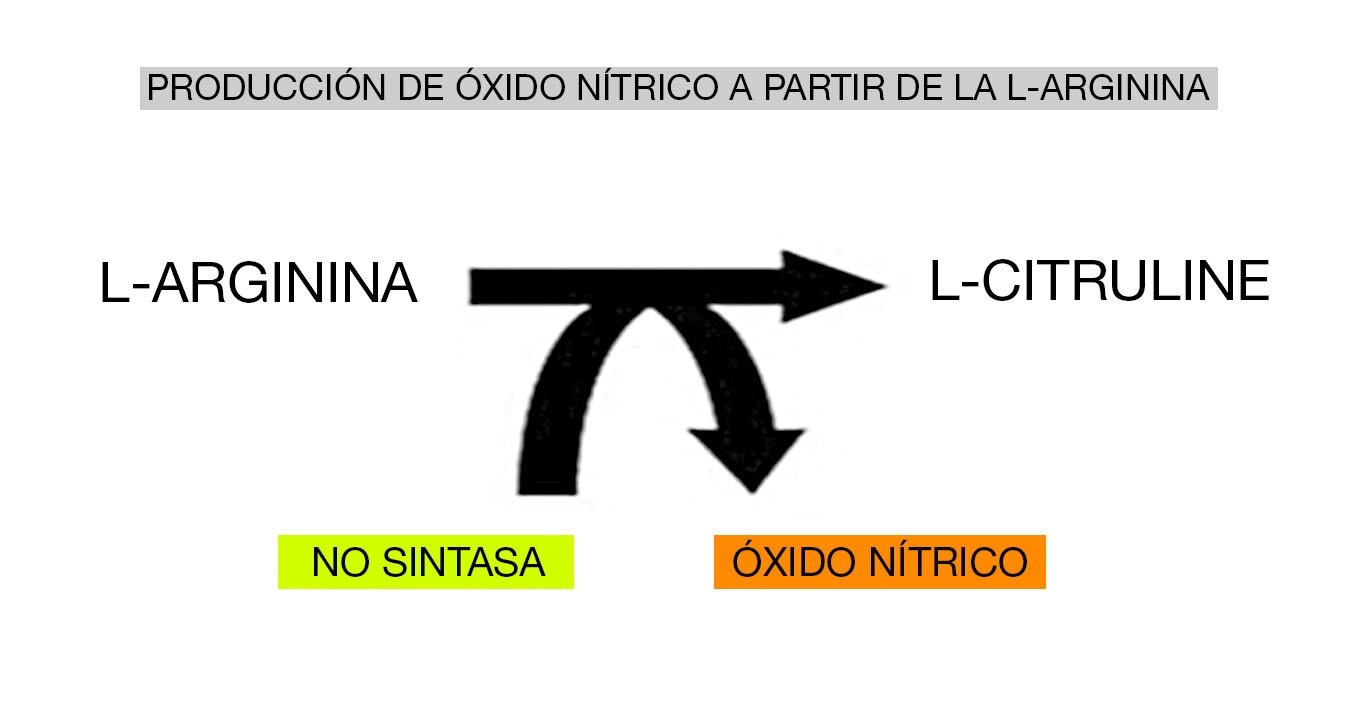Subscribe to our newsletter to find out about all the news and promotions, and automatically receive a welcome discount coupon in your email.
Nitric oxide is a very beneficial compound for our health and, specifically in sports, helps improve performance, enabling the muscles to receive more nutrients and oxygen. exist nutritional supplements such as L-Arginine that helps to synthesize this molecule. However, its use should be limited to those athletes who are starting out, since an overdose of L-Arginine can lead to health problems.
According to dietitian-nutritionist Anna Grifols of Nutriexper, nitric oxide “is one of the molecules that has most revolutionized research in the field of pharmacology and physiology in recent years. And, specifically in the field of sports nutrition. You just have to look at the number of products marketed as precursors of nitric oxide that exist”.
Nitric oxide benefits
And it is that nitric oxide offers considerable benefits during sports practice since "it favors a greater vasodilation and blood supply to the muscles, thus providing them with a greater quantity of nutrients and oxygen ”, adds Grifols.
Nitric oxide precursors are present in the alimeHigh-protein foods such as eggs, organ meats, meat… "One of the main precursors of nitric oxide is L-Arginine," explains Grifols, "although there is nolimeSo long as it is characterized by containing a great source of this molecule”.
L-Arginine supplementation
Supplementing with L-Arginine can be beneficial, Grifols specifies, "for those people who have suffered or suffer from cardiovascular diseases, since in moderate doses it improves the cardiovascular and respiratory capacity of the person". Likewise, it is also recommended for "healthy people who do not do physical exercise on a regular basis, that is to say less than three times a week."
For these types of athletes, nitric oxide helps them improve their performance since, as a vasodilator, "it delivers more nutrients and oxygen to the muscle."
Recommended dose
However, the nutritionist warns that "it is still an amino acid and its abuse can have a negative impact on health, affecting the liver, kidneys and the pH of the body."
It is for this reason that Grifols recommends “do not exceed a dose of 20 grams per day of LArginine, taking into account that the less the person who consumes it weighs, the lower the maximum amount ingested should be ”. In general, 2 to 3g are recommended orally 3 times a day.
Usual athletes
On the other hand, the consumption of nitric oxide is not recommended in those people who do sports on a regular basis. "Studies evaluated in well-trained athletes show that it does not produce any positive effect on performance since these athletes, being in good shape, have a greater capacity to generate nitric oxide compared to sedentary people, and do not need this type of supplementation", Grifols specifies and concludes that "practicing physical exercise three to four times a week may be enough to improve nitric oxide synthesis mechanisms, without the need to consume any supplementation."
Source: CMD Sport.
Other entries that they may interest you.
42K · All rights reserved















Comments
Post a first comment for this entry!